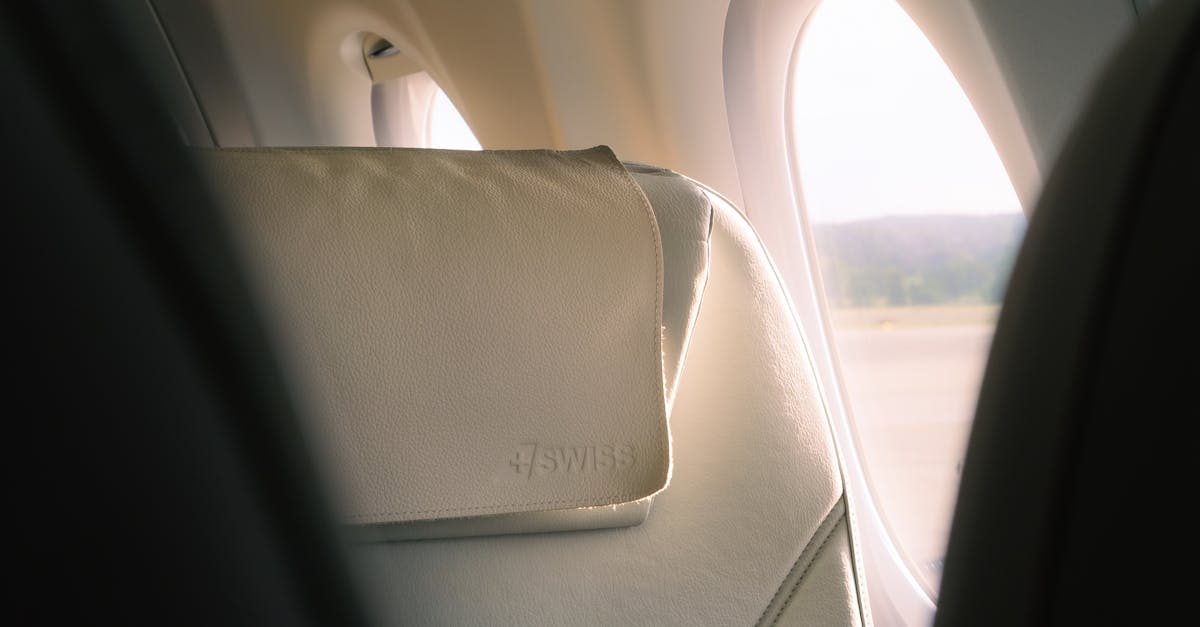Diving into the Hidden Hygiene Horror: Shadows of Dirt Lurking in Hotel Rooms Unnoticed
"Welcome to the world of unseen dirt and hidden hygiene horrors in hotel rooms! This journey will take you on a deep dive into the shadows, revealing what lurks beneath the surface of your seemingly spotless hotel room. We'll explore the surprising places where germs hide, the potential health risks they pose, and how hotels can improve their cleaning practices.
This exploration is not designed to scare you, but to arm you with knowledge. After all, understanding the problem is the first step towards finding a solution. So, buckle up and prepare to delve into the hidden world of hotel room hygiene."
The Bed - A Breeding Ground for Microorganisms
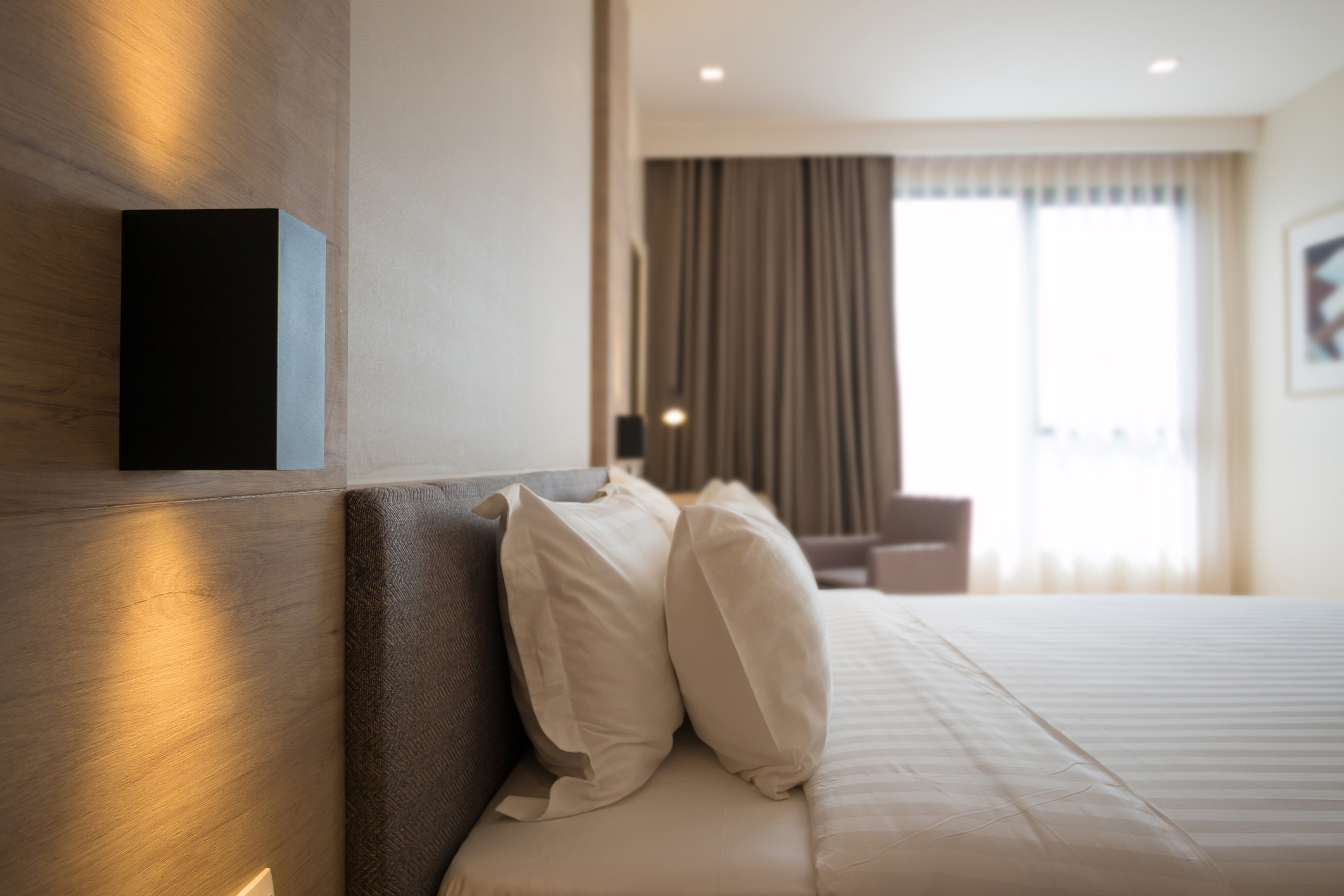
"The bed, often the focal point of any hotel room, is not as clean as you might think. Studies have found that bed linens can be a breeding ground for bacteria and fungi, even after being washed.
The problem lies in the fact that these microorganisms can survive the washing process, especially if the water temperature is not hot enough. Additionally, the use of ineffective detergents or improper drying methods can also contribute to the survival of these microorganisms."
The Bathroom - A Hotspot for Germs
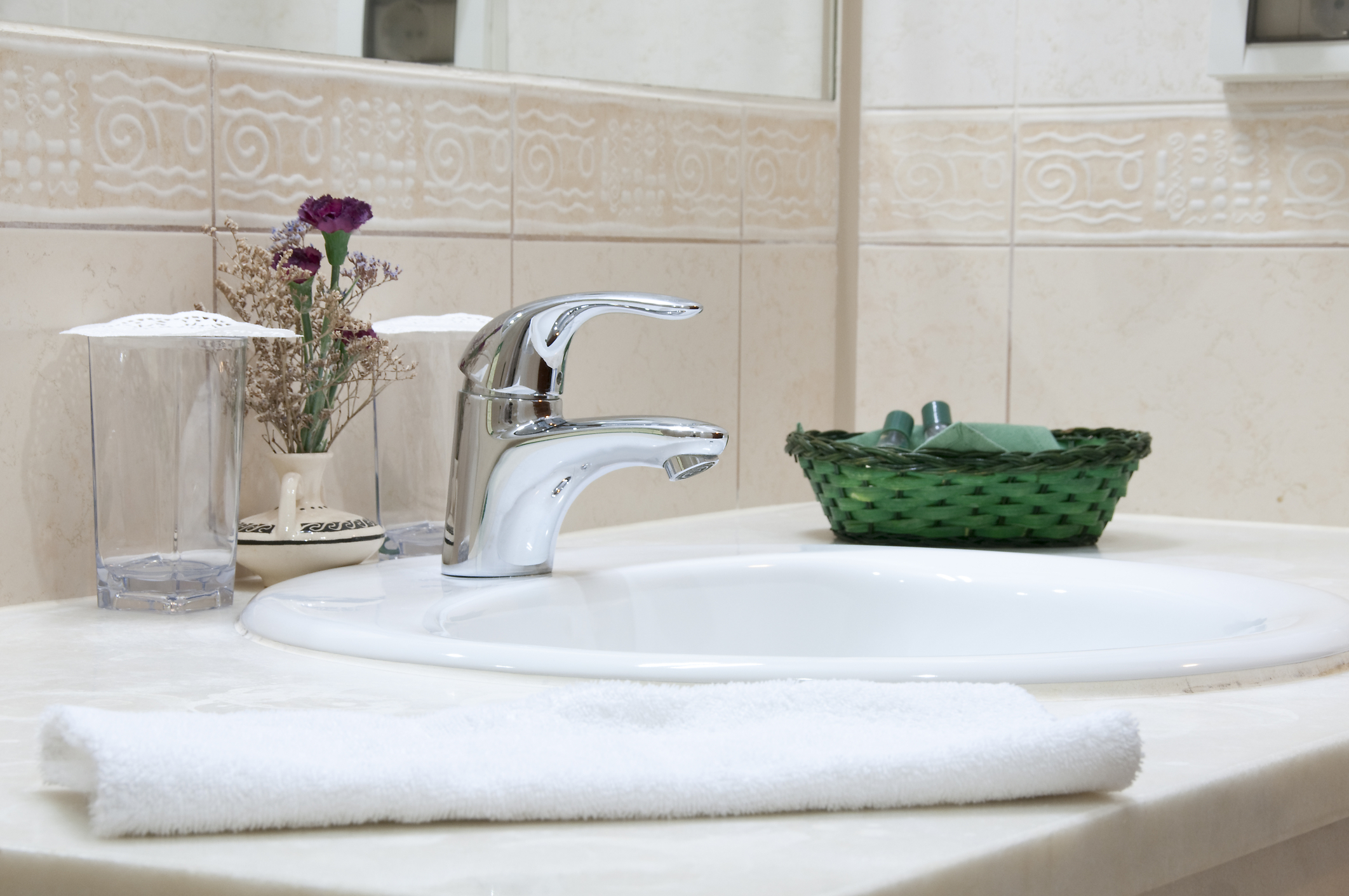
"Bathrooms are notorious for being germ hotspots, and hotel bathrooms are no exception. From the sink to the toilet seat, these areas can harbor a wide range of bacteria and viruses.
While most hotels clean their bathrooms regularly, the cleaning methods used may not be effective enough to eliminate all germs. For instance, certain bacteria can form biofilms, which are protective layers that make them resistant to cleaning agents."
Remote Controls and Light Switches - The Unseen Threat

"Remote controls and light switches are often overlooked during the cleaning process, yet they are among the most touched items in a hotel room.
Research has shown that these items can be contaminated with bacteria and viruses, including E.coli and the flu virus. This is due to the fact that they are frequently touched but rarely cleaned, making them an ideal place for germs to multiply."
The Carpet - A Dust Mite Haven
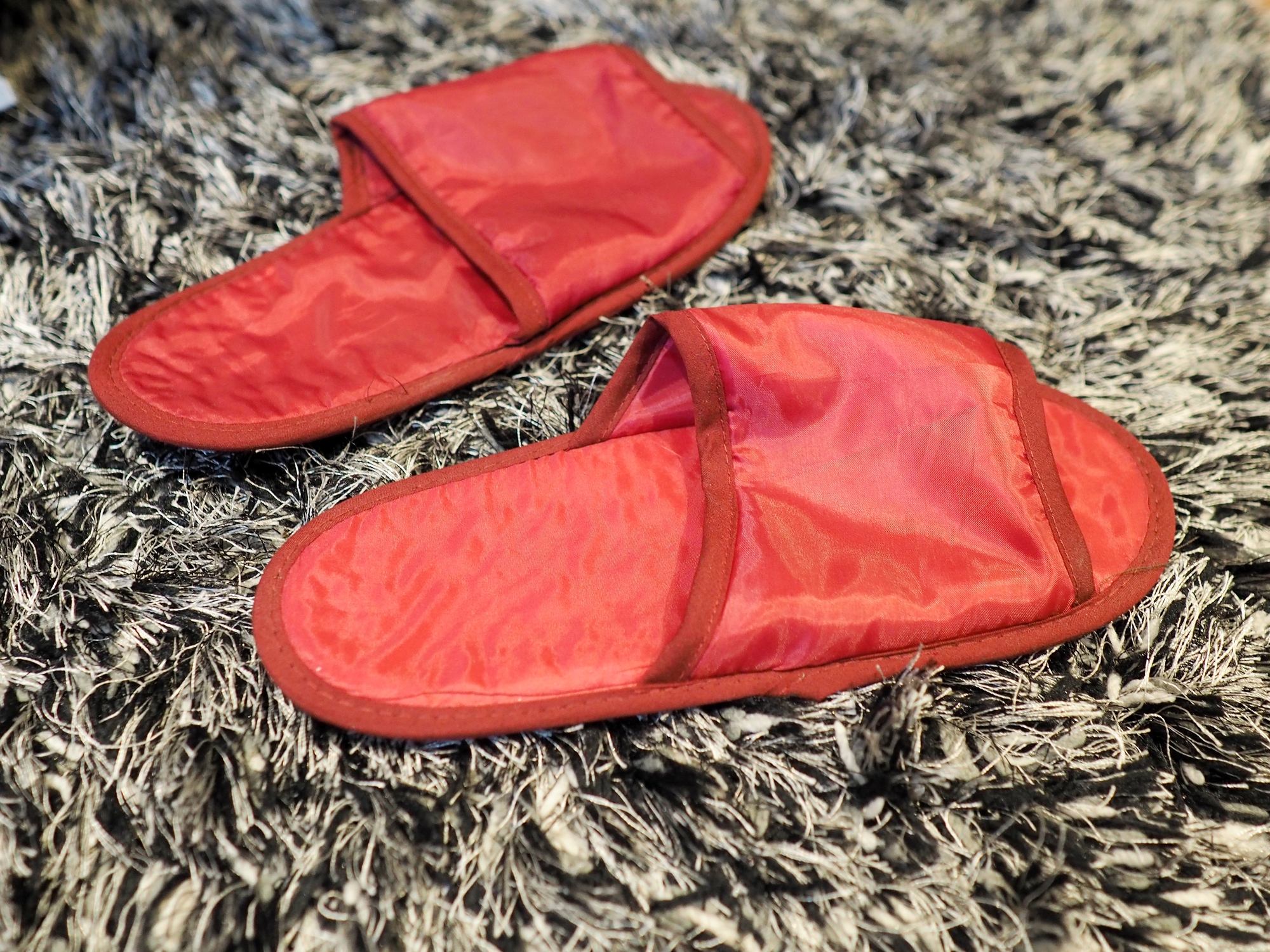
"Carpets can add a touch of luxury to a hotel room, but they can also be a haven for dust mites. These tiny creatures feed on dead skin cells and can trigger allergies in some people.
Regular vacuuming can help to reduce dust mite populations, but it may not be enough to eliminate them completely. In fact, some studies suggest that vacuuming can actually stir up dust mites and their allergenic feces, making them airborne and more likely to be inhaled."
The Air Conditioning Unit - A Potential Source of Contamination
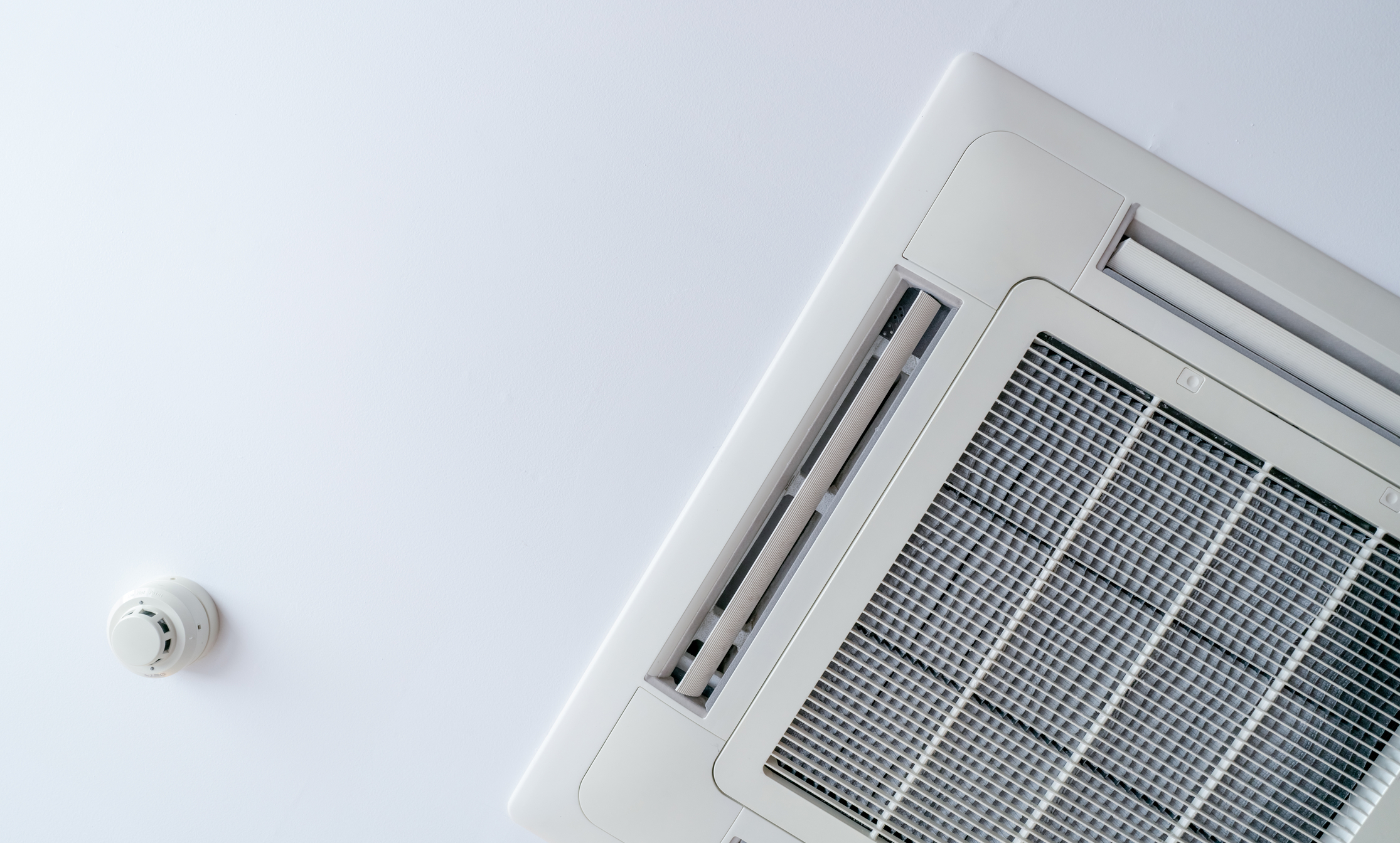
"Air conditioning units can be a source of contamination in hotel rooms. If not properly maintained, they can harbor mold and bacteria, which can be circulated throughout the room when the unit is in use.
Moreover, air conditioning units can also spread airborne diseases. For instance, a study found that a single air conditioning unit was responsible for an outbreak of Legionnaires' disease in a hotel."
The Minibar - A Hidden Germ Factory
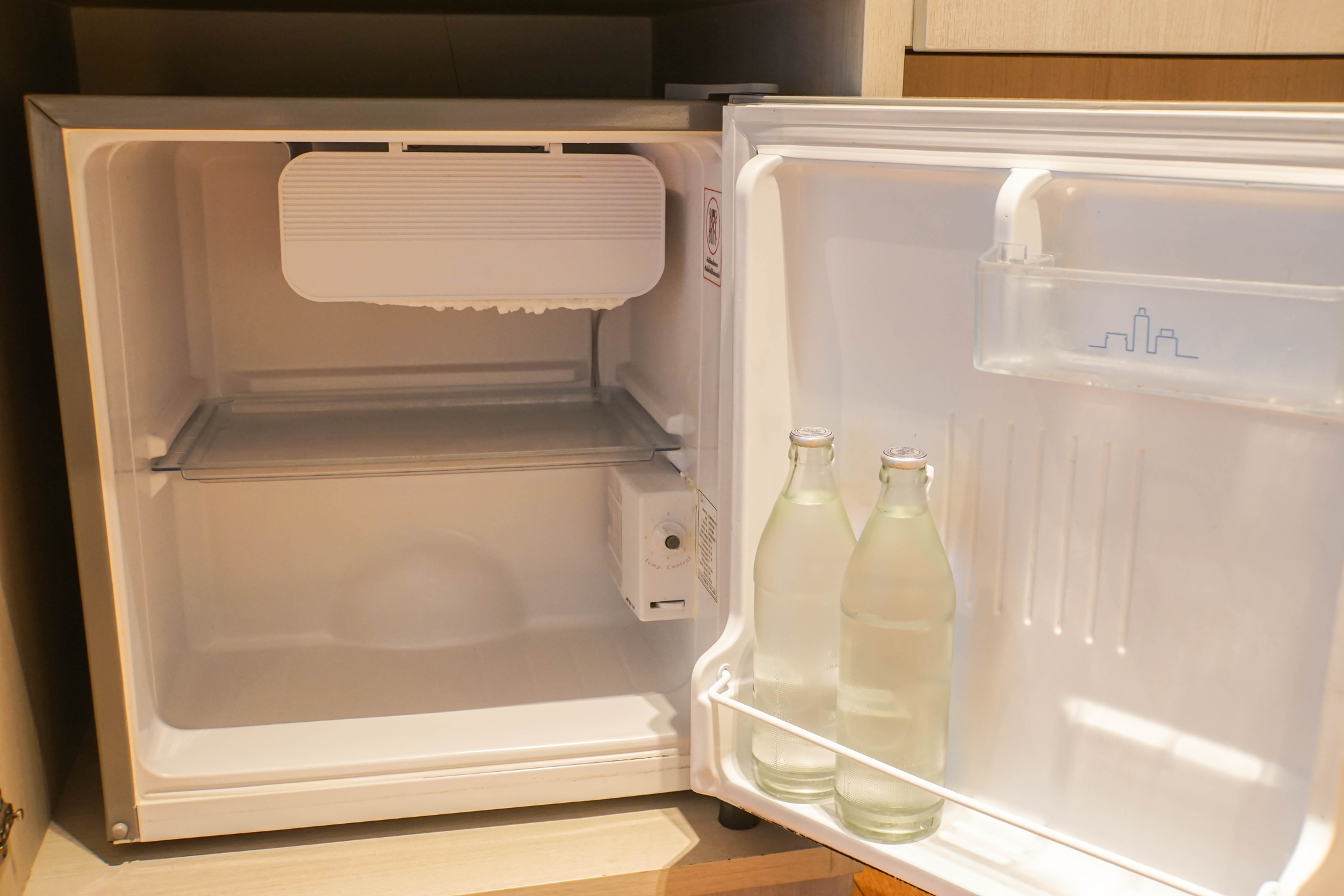
"Minibars can be a convenient amenity, but they can also be a hidden germ factory. The items inside the minibar are often handled by multiple people, increasing the risk of contamination.
Furthermore, the minibar itself is often overlooked during the cleaning process. This, combined with the fact that it is usually kept closed, creates an ideal environment for bacteria and mold to thrive."
The Coffee Maker - A Breeding Ground for Bacteria

"Coffee makers in hotel rooms can be a breeding ground for bacteria. This is because the water reservoir is often left filled, creating a moist environment that bacteria love.
In addition, the coffee maker is often overlooked during the cleaning process, allowing bacteria to multiply unchecked. Some studies have even found E.coli and other harmful bacteria in hotel room coffee makers."
The Telephone - A Germ Hotspot

"The telephone in a hotel room is another germ hotspot. It is often touched but rarely cleaned, making it a potential source of contamination.
Research has found that hotel room telephones can be contaminated with a wide range of bacteria, including Staphylococcus aureus, which can cause skin infections and food poisoning."
The Room Key - An Overlooked Source of Contamination

"Room keys are another overlooked source of contamination in hotel rooms. They are handled by multiple people and are rarely cleaned, increasing the risk of germ transmission.
In fact, a study found that plastic room keys were one of the most contaminated items in hotel rooms, with bacteria levels comparable to those found on toilet seats."
The Ice Bucket - A Potential Health Hazard

"Ice buckets in hotel rooms can be a potential health hazard. They are often used without a liner, which can lead to contamination.
Furthermore, the ice machines in hotels can also be a source of contamination. A study found that ice machines in hotels were frequently contaminated with bacteria and mold, posing a potential health risk to guests."
The Elevator Buttons - A High-Traffic Germ Hotspot
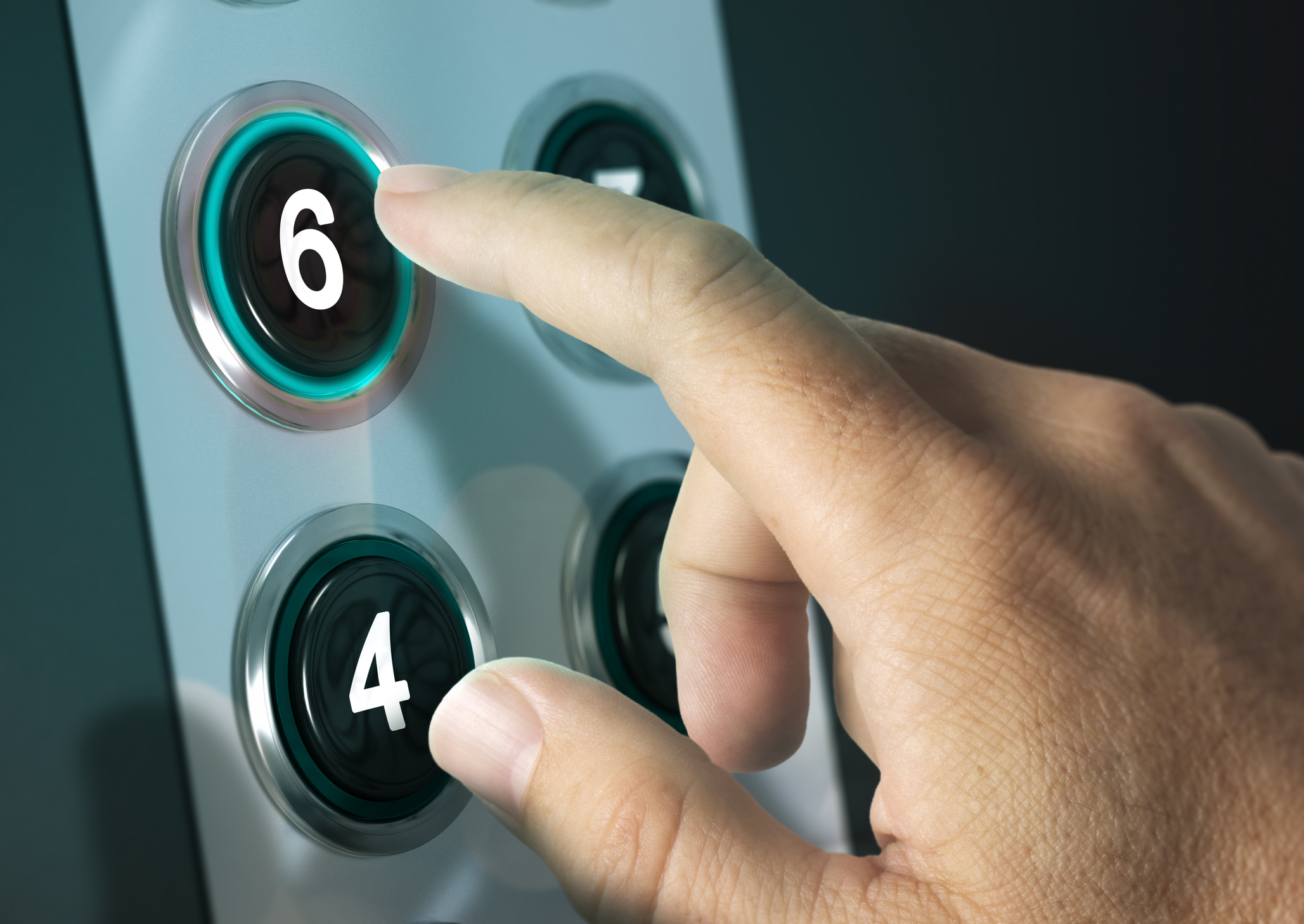
"Elevator buttons in hotels are a high-traffic germ hotspot. They are touched by hundreds of people each day, increasing the risk of germ transmission.
Research has found that elevator buttons can be contaminated with a wide range of bacteria, including Staphylococcus aureus and E.coli. This highlights the importance of proper hand hygiene when staying in a hotel."
The Fitness Center - A Breeding Ground for Germs
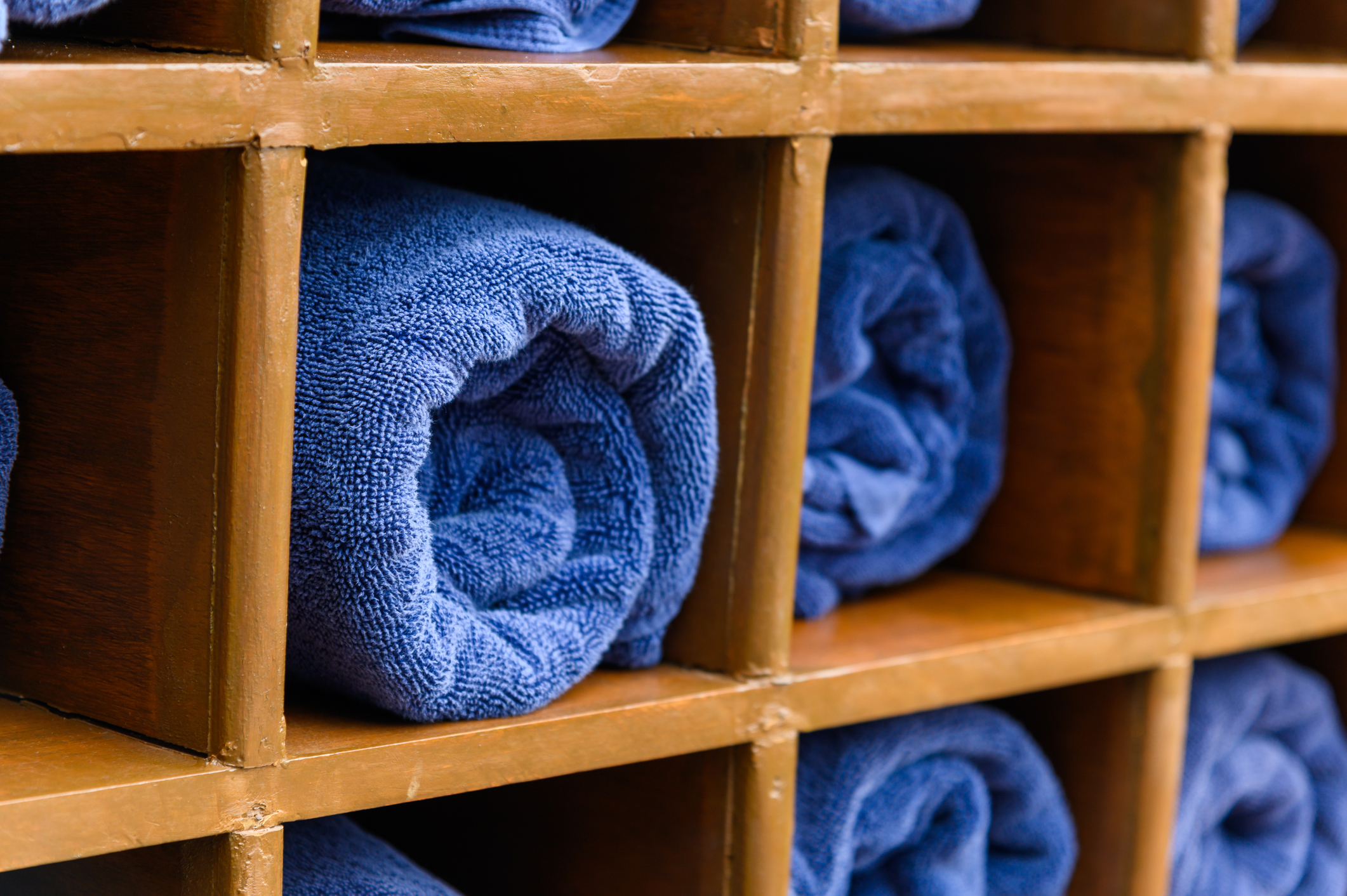
"The fitness center in a hotel can be a breeding ground for germs. The equipment is often used by multiple people and may not be cleaned regularly or effectively.
Studies have found that gym equipment can be contaminated with a wide range of bacteria, including MRSA, which can cause serious skin infections. This underscores the importance of wiping down equipment before and after use."
The Swimming Pool - A Potential Source of Contamination

"Swimming pools in hotels can be a potential source of contamination. If not properly maintained, they can harbor a wide range of bacteria and parasites.
For instance, a study found that hotel swimming pools were responsible for a third of all waterborne disease outbreaks in the United States. This highlights the importance of proper pool maintenance and hygiene practices."
The Restaurant - A Hotspot for Foodborne Illnesses

"Hotel restaurants can be a hotspot for foodborne illnesses. Improper food handling practices, inadequate cooking temperatures, and poor personal hygiene among staff can all contribute to the spread of foodborne pathogens.
In fact, a study found that hotels were among the most common settings for foodborne disease outbreaks. This underscores the importance of proper food safety practices in hotel restaurants."
The Way Forward

"While the findings presented in this exploration may be unsettling, they are not intended to deter you from staying in hotels. Instead, they highlight the importance of good hygiene practices, both on the part of the hotel and the guests.
Hotels can improve their cleaning practices by focusing on high-touch areas, using effective cleaning agents, and training their staff properly. Guests, on the other hand, can protect themselves by practicing good hand hygiene, avoiding high-risk areas, and being aware of potential sources of contamination.
In the end, the goal is not to instill fear, but to promote awareness and encourage action. After all, knowledge is power, and with power comes the ability to effect change."




